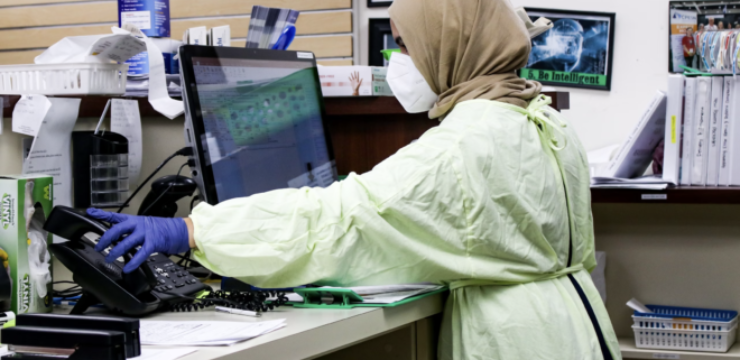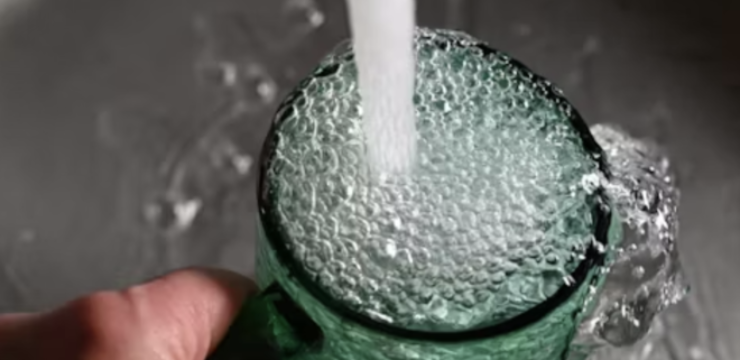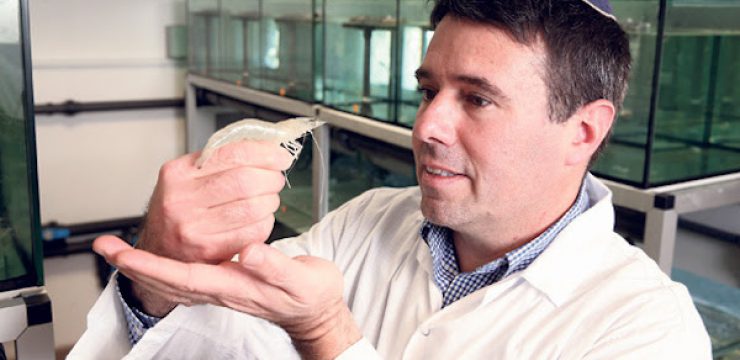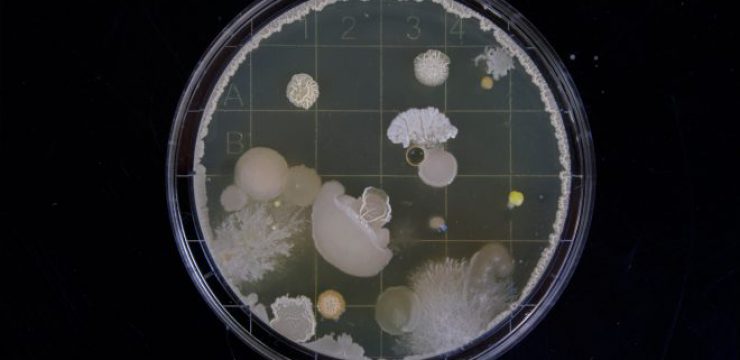Tattoos have long been a form of self-expression, a way to etch stories, beliefs, and memories onto the skin. But as tattoo culture grows, so do questions about its long-term health effects. Could your ink be doing more than just decorating your body?
Read more
Some of the tools to help treat breast cancer may be harming women as well. It's known that radiation and chemotherapy take a toll on the body in the short term but in a new study, treatments against breast cancer can also cause significant long term affects that speed up the aging process in survivors.
Read more
Milk can come in many alternatives: lab-made, almond, oat, camel or from cows. What's your favorite?
Read more
Participants expressed a strong interest in having health initiatives related to cancer education, screening and survivorship integrated within mosques. This preference suggests that mosques could serve as vital centers for health education and intervention, leveraging the trust and influence of faith leaders to promote better health outcomes.
Read more
“In past years, we’ve thought of colorectal cancer as a disease of aging,” said Joel Mason, a gastroenterologist and Senior Scientist at the Jean Mayer USDA Human Nutrition Research Center on Aging (HNRCA) at Tufts. “If you look at the absolute incidence rates, it’s still higher amongst older people, but the rate is going up steadily in young people, whereas it’s going down in older people. It’s a disturbing trend.”
Read more
Comprising more than 4,700 chemicals, perfluorinated and polyfluorinated alkyl substances (PFAS) are a group of widely used, man-made chemicals that accumulate over time in humans and in the environment. They are known as ‘forever chemicals’ as they are extremely persistent in our environment and bodies.
Read more
The Syrian president's wife, who has been accused of playing a major role in the crimes of her husband and his regime during Syria's 12-year war, can be seen picking flowers and smiling in photos shared in May by Agence France-Presse. She's now rebranding in China and the United Arab Emirates.
Read more
However, asbestos is a hazardous chemical and a poisonous pollutant once airborne and which causes a rare kind of incurable cancer.
Read more
Raw juicing, behavioral approaches, organic food, spring water and CBD may help cancer. Look for alternatives, often complementing traditional therapies.
Read more
Cancer still remains one of the most difficult diseases to treat in many countries. When it comes to the best places for cancer treatment, most patients choose treatment in Germany because of the numerous advantages.
Read more
Invasive biopsies can determine if a tumor is cancerous, when blood tests won't do. But going in and cutting up a cancer tumor, with a skin like an orange often spreads the cancer. A new test might eliminate biopsies forever.
Read more
If you or a girlfriend is using cosmetics there is a significant chance they are being exposed to a deadly carcinogen –– asbestos. About one in 7 products tested contained asbestos.
Read more
Outside of developed Western countries, many people’s health and survival depends on access wildcrafted plant medicines. In Africa, where infectious diseases and parasites are still a major threat, up to 80% of the population is are more likely to get their medicine from a tree or farmer’s market than from a sealed blister-pack at pharmacy. […]
Read more
Taking care of all things big and small. Initial work with mRNA in cancer has led to a new commercial breakthrough that can alleviate a devastating shrimp virus crippling the shrimp industry. He may keep kosher, but he is happy to help.
Read more
Researchers in Jerusalem have found they can test for antibiotic resistance to better treat sepsis and even target cancer treatments better Is it just us or do we seem to get sicker and sicker every winter? This last few months we have been at home sick more than we have been without. Indeed superbugs like […]
Read more














